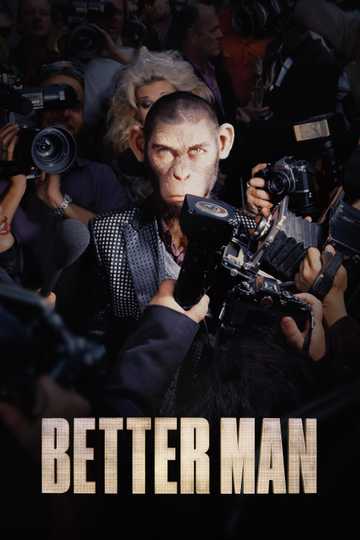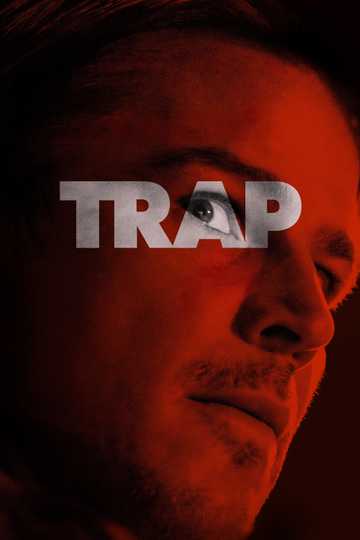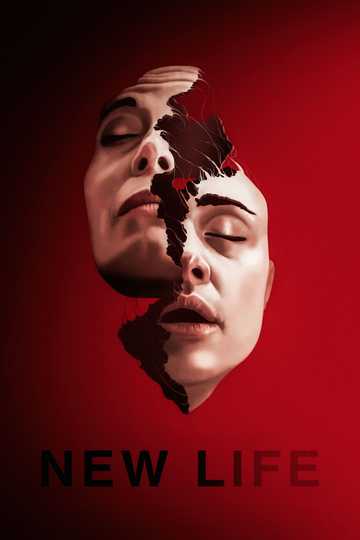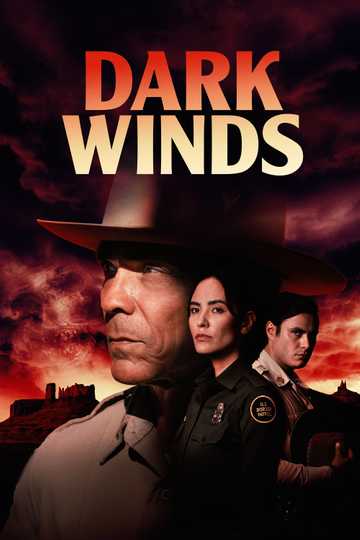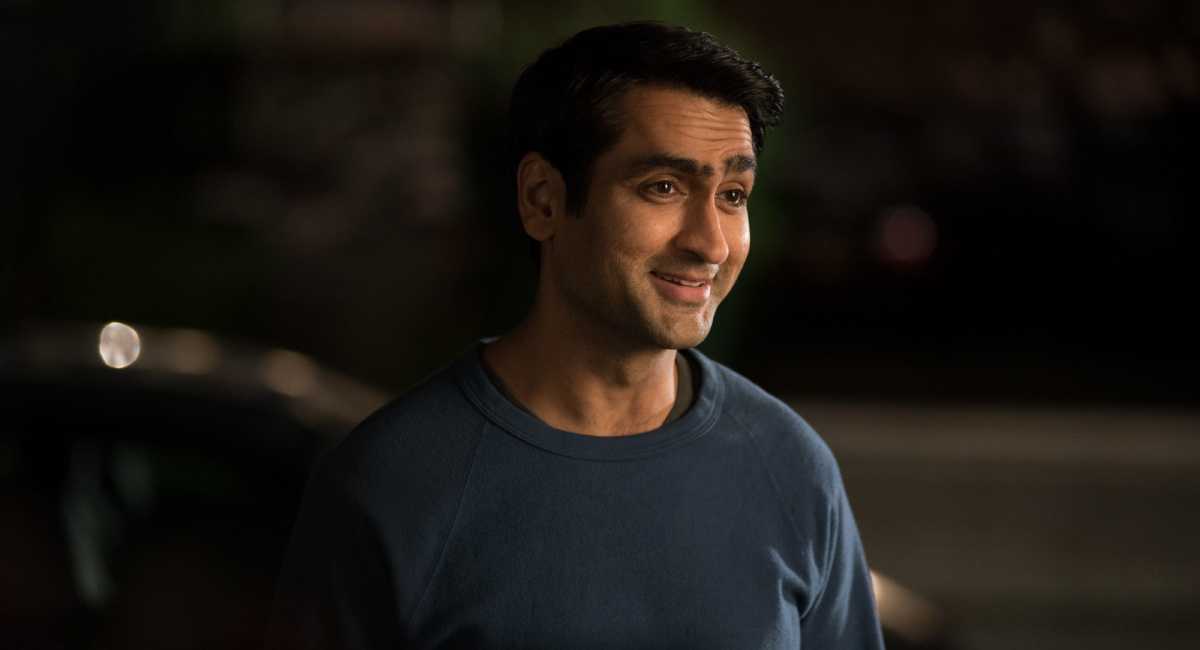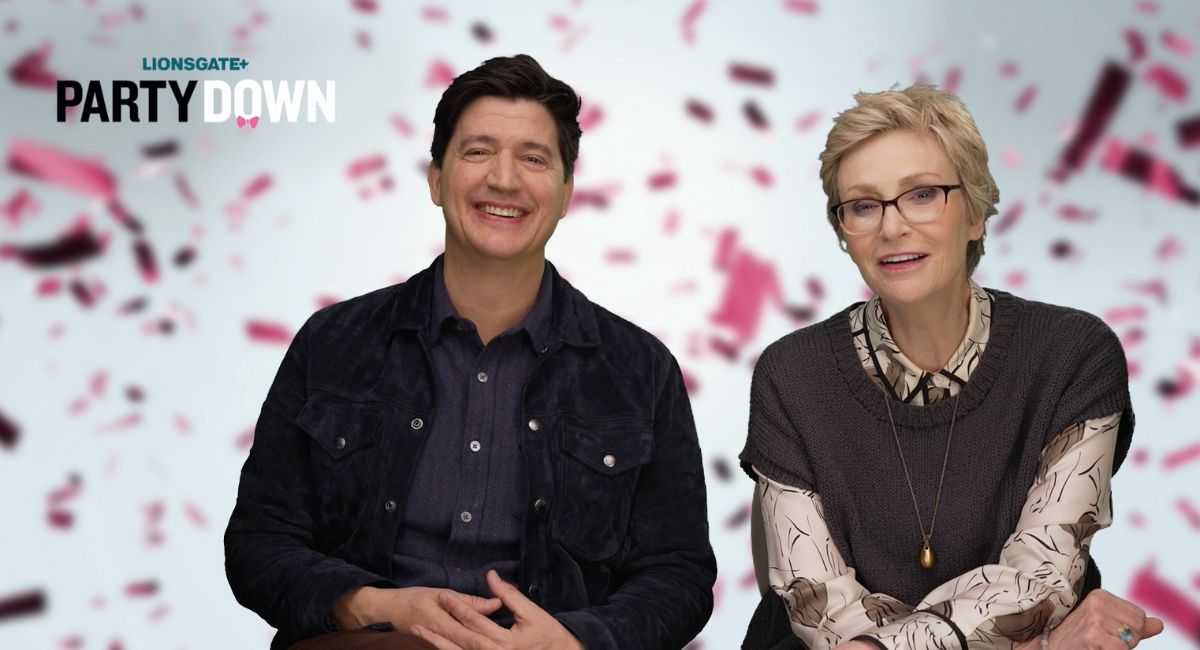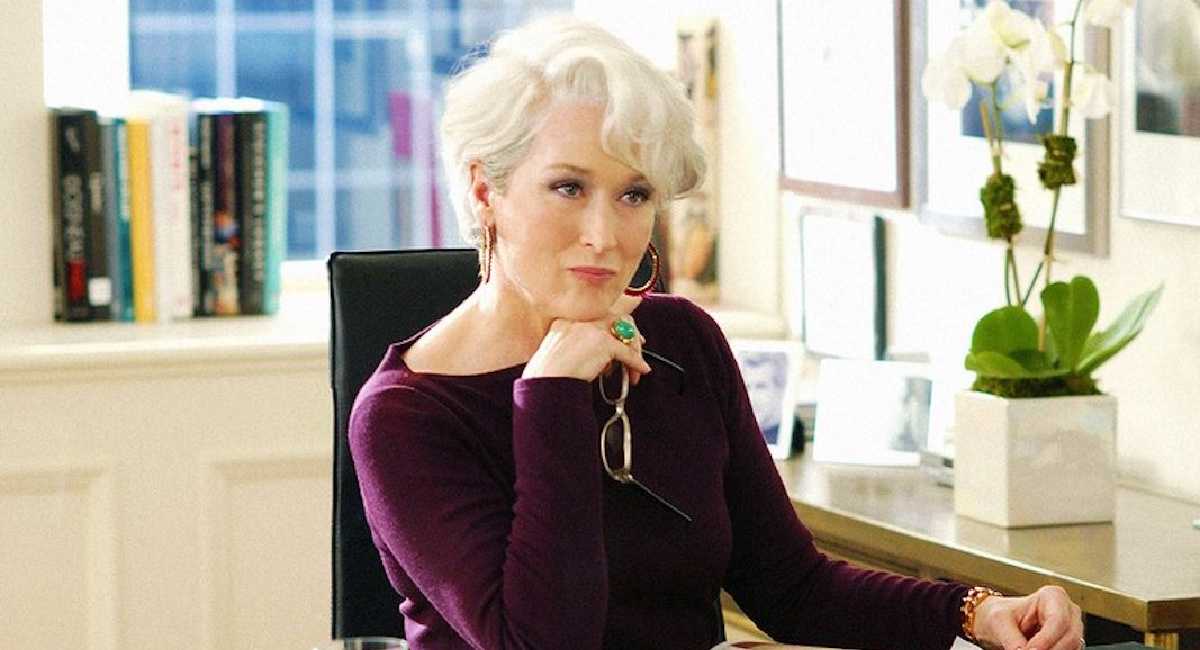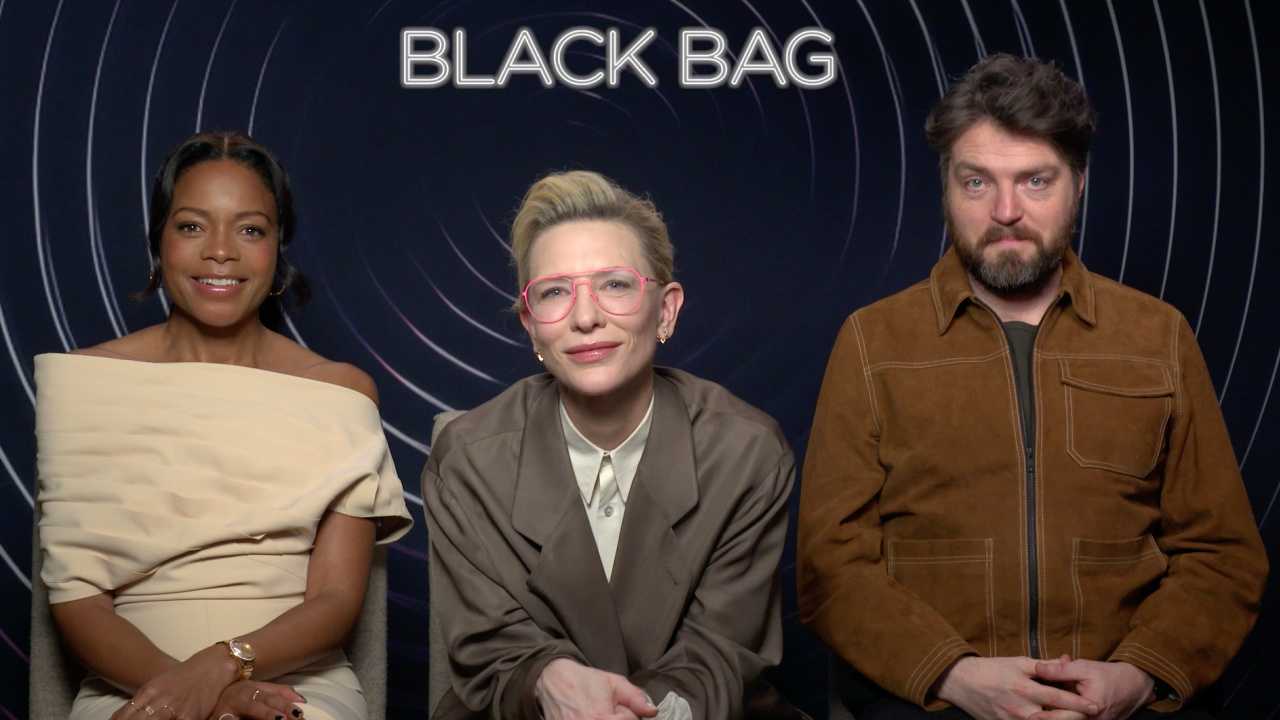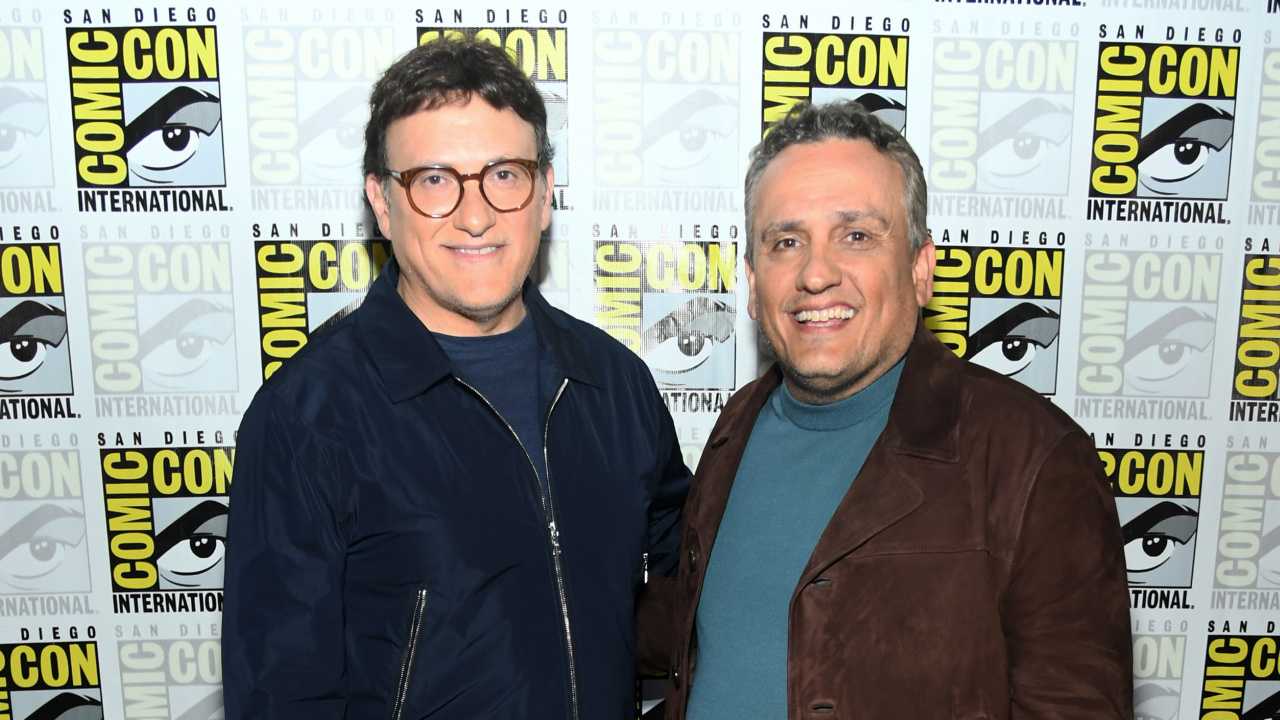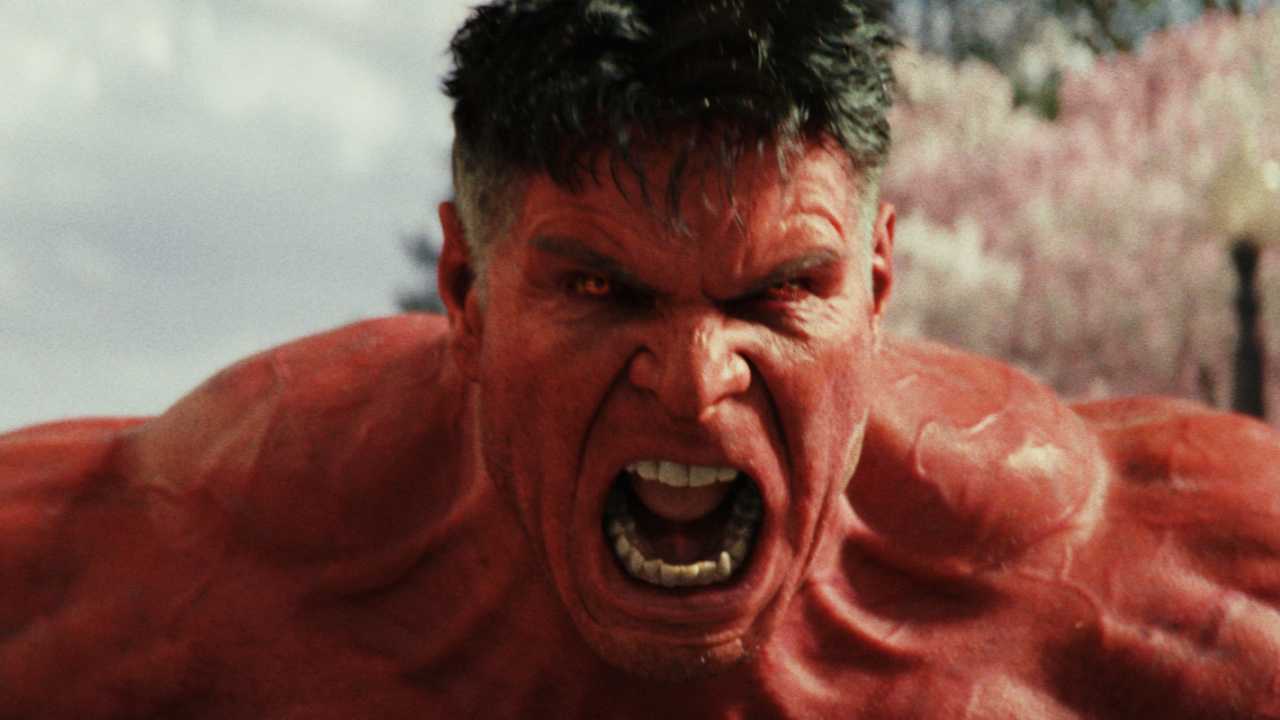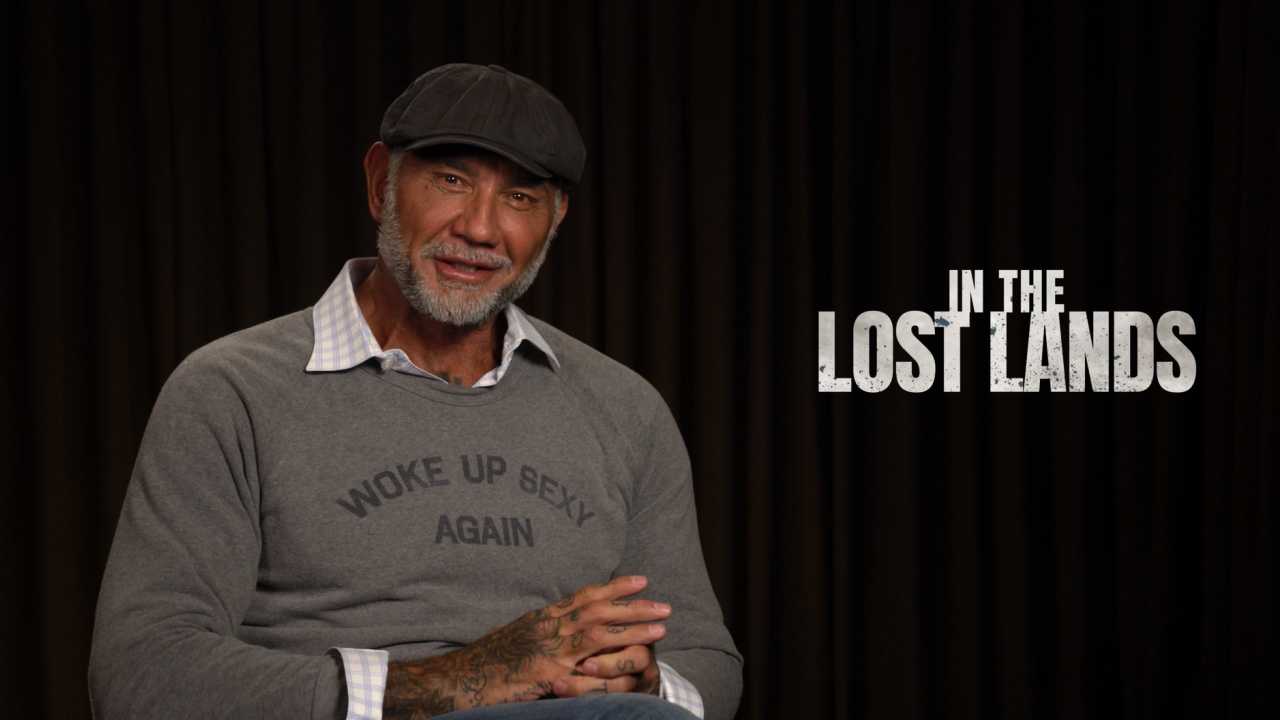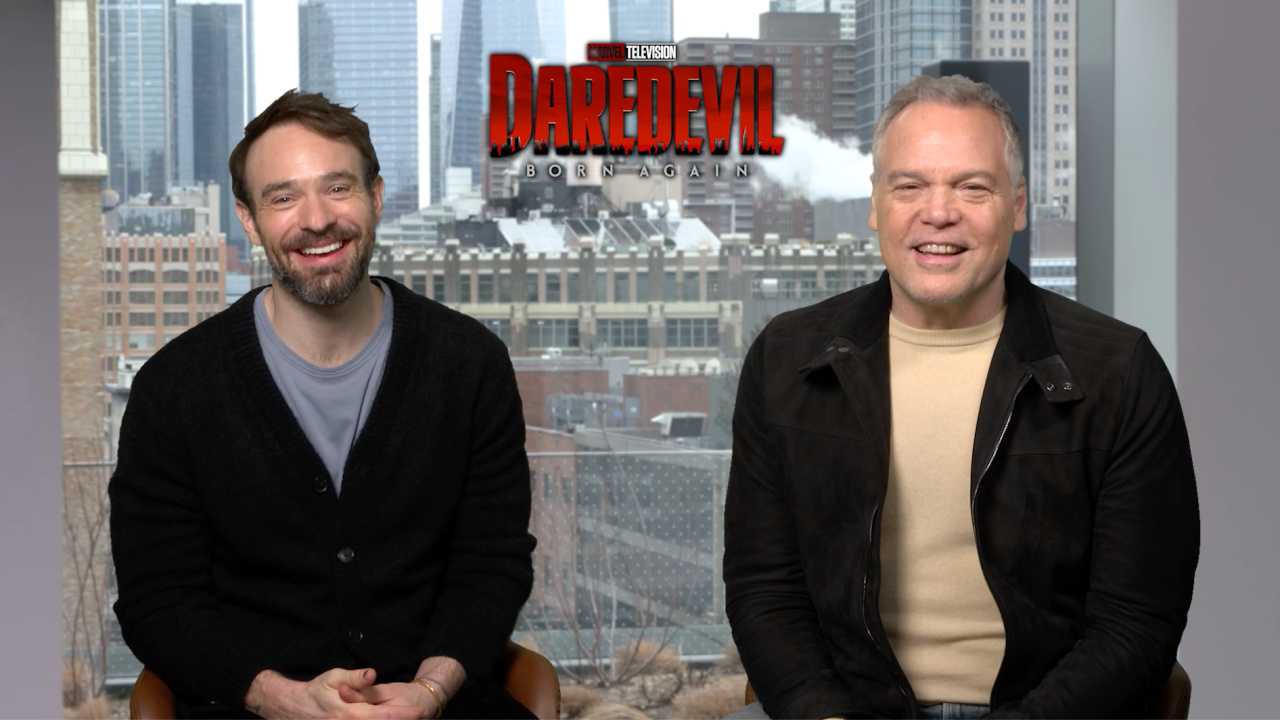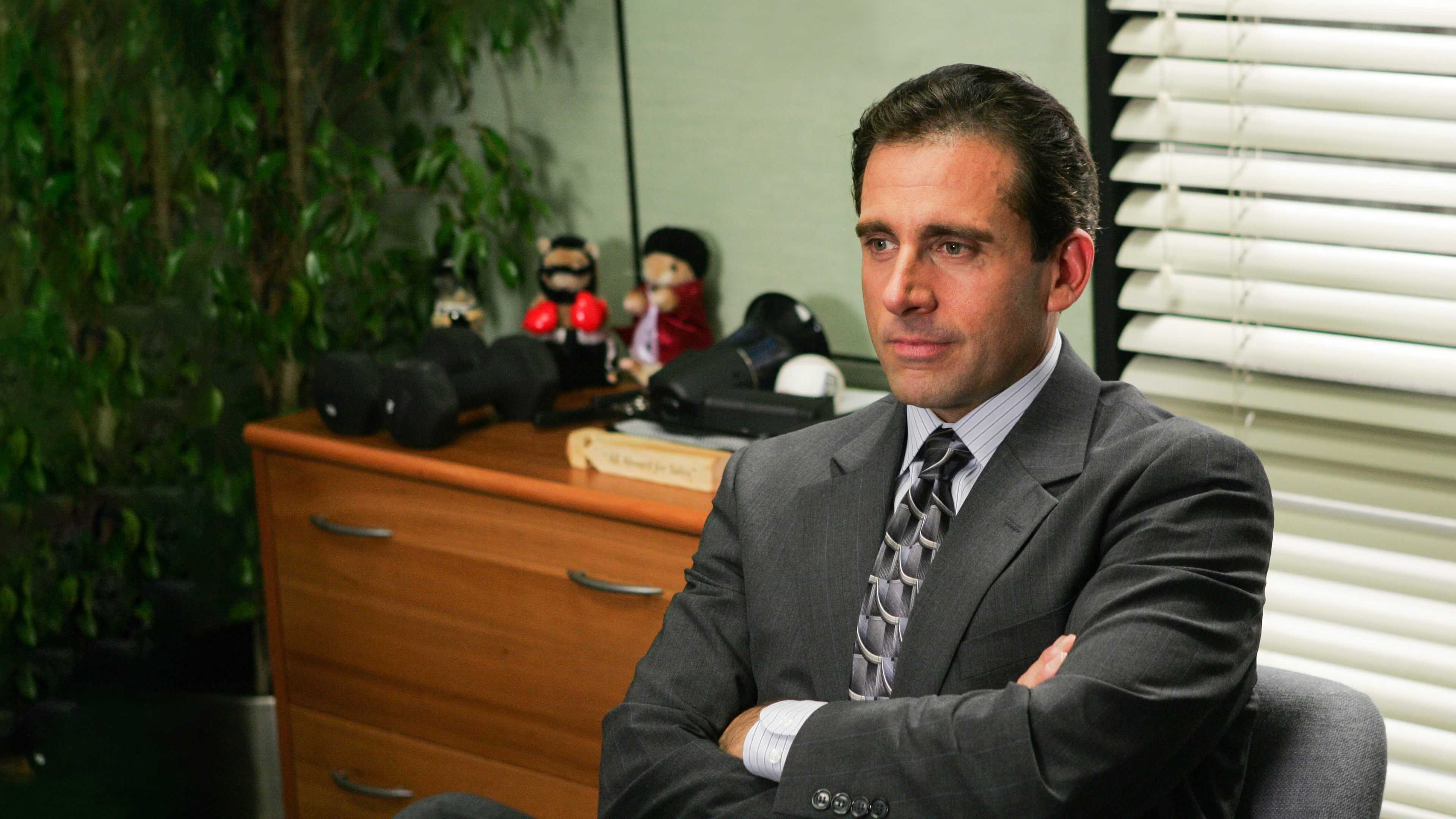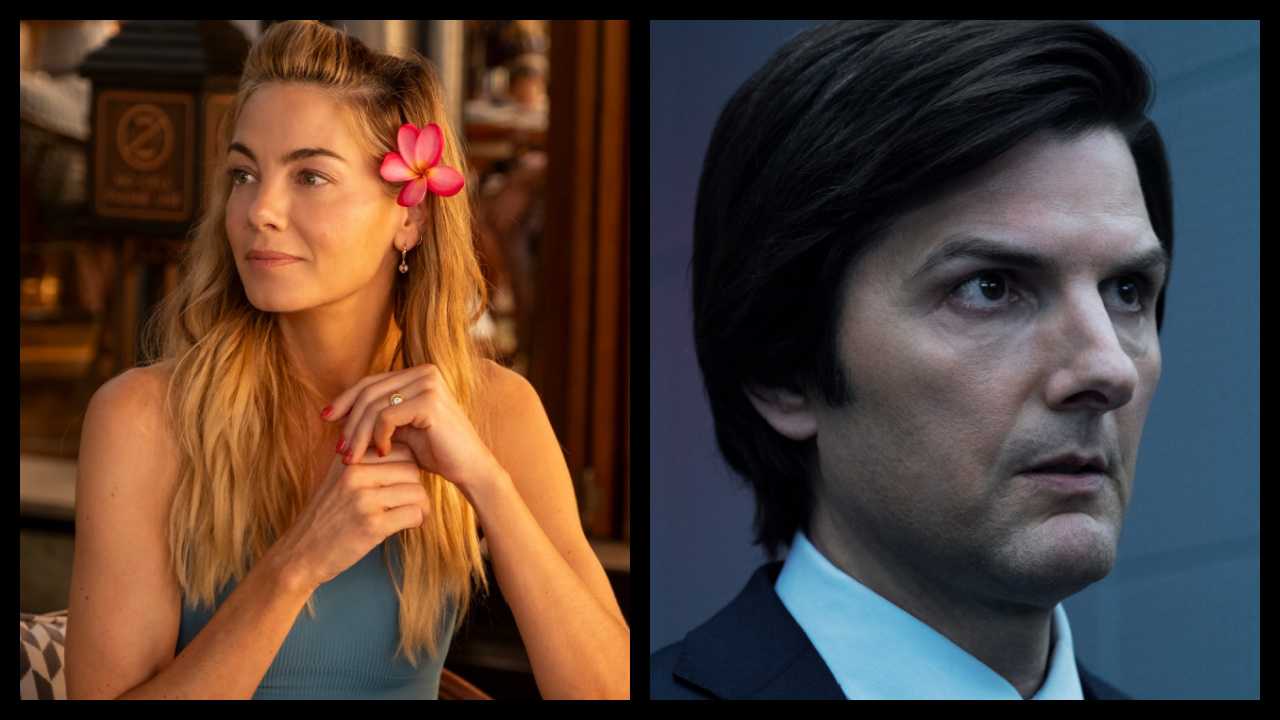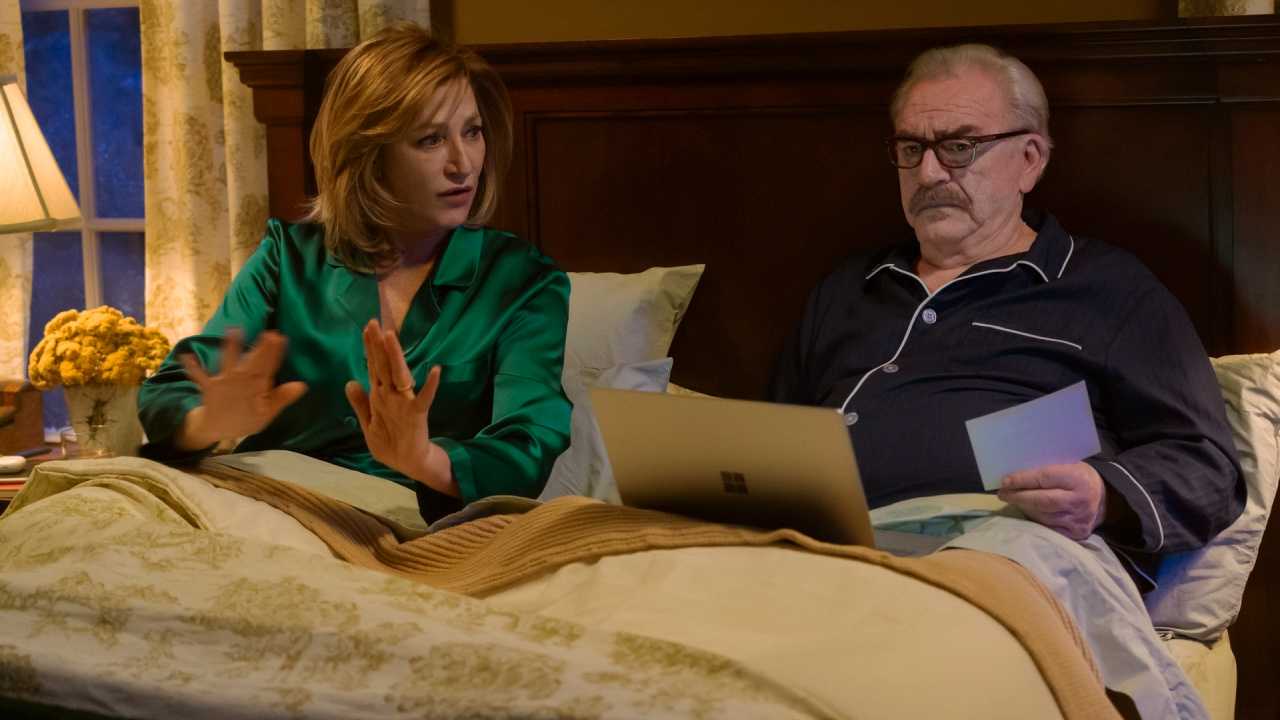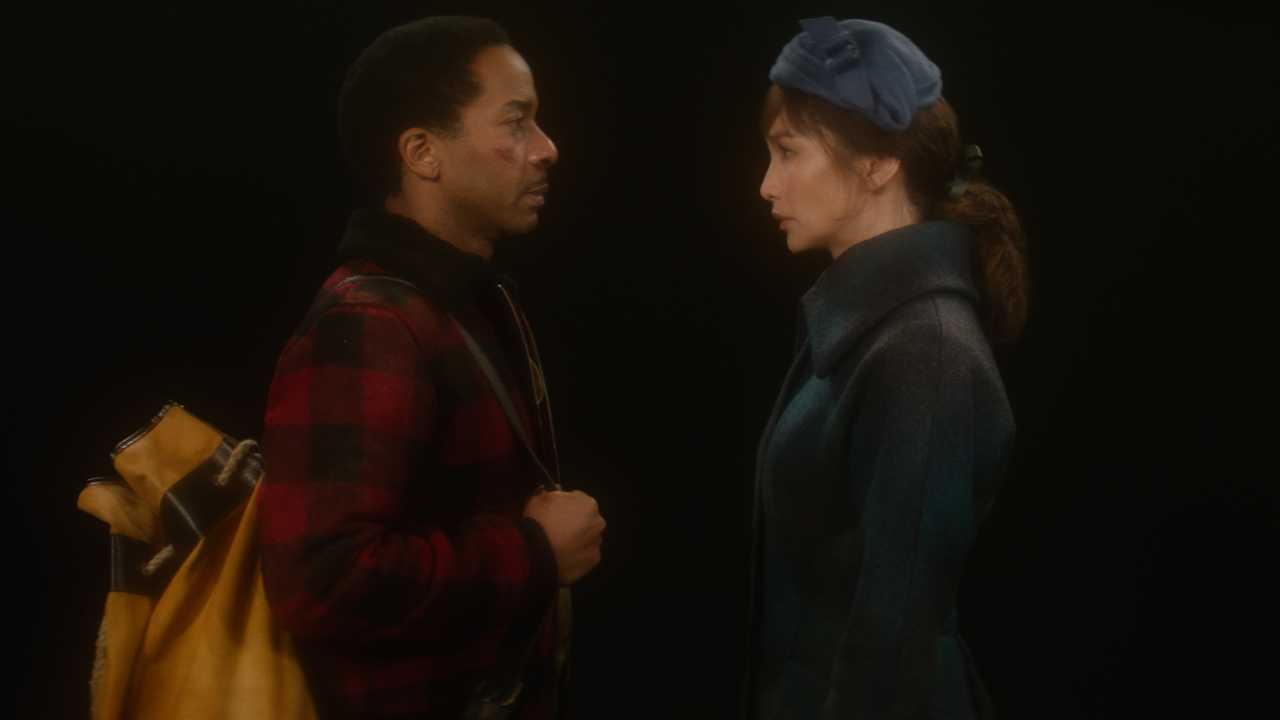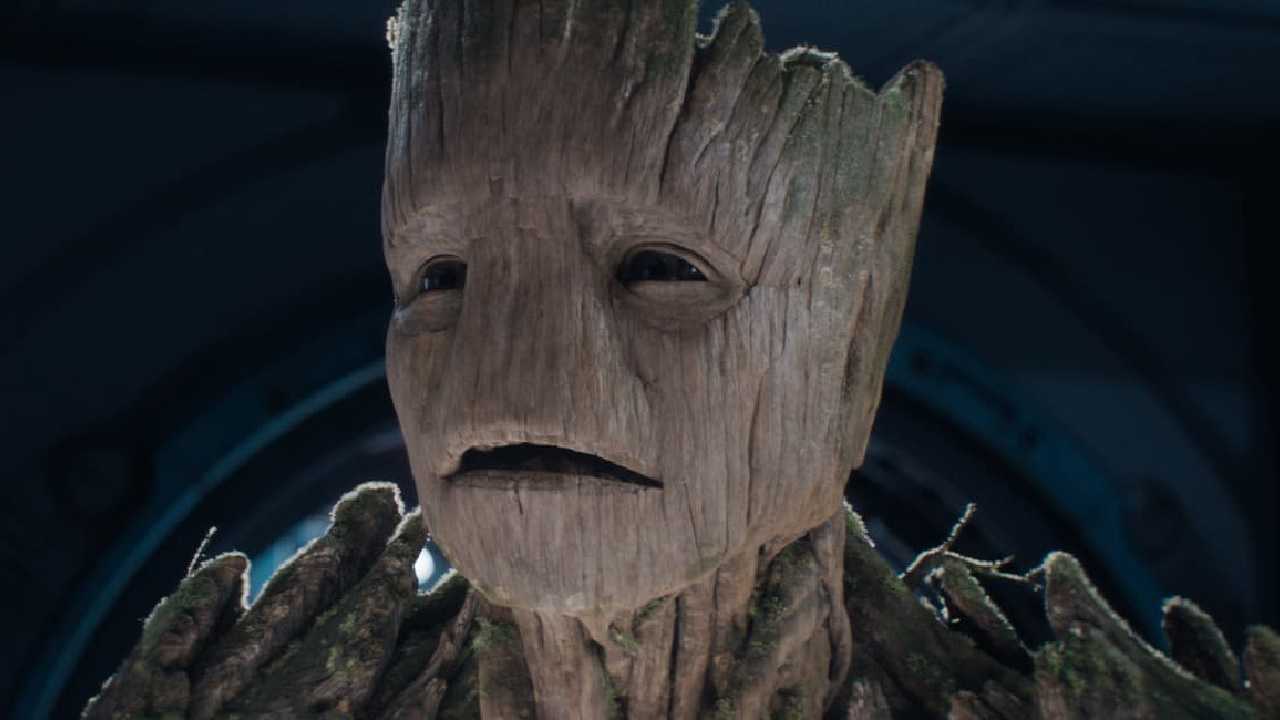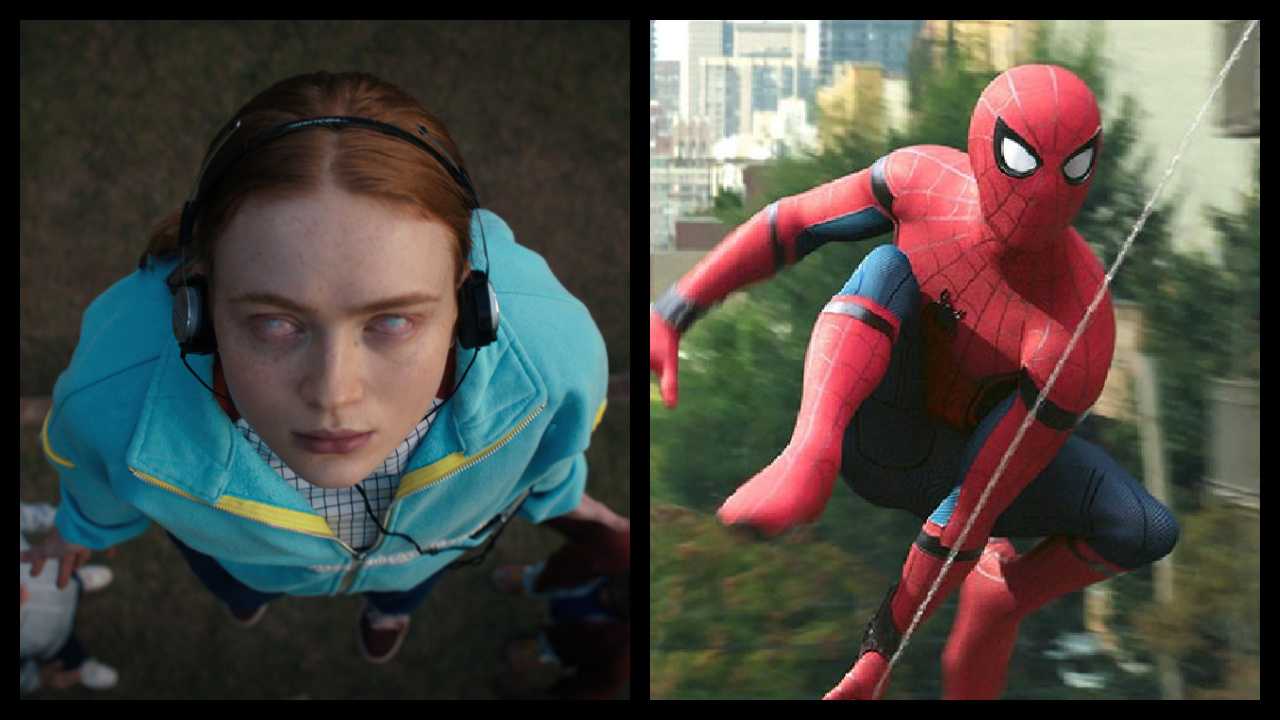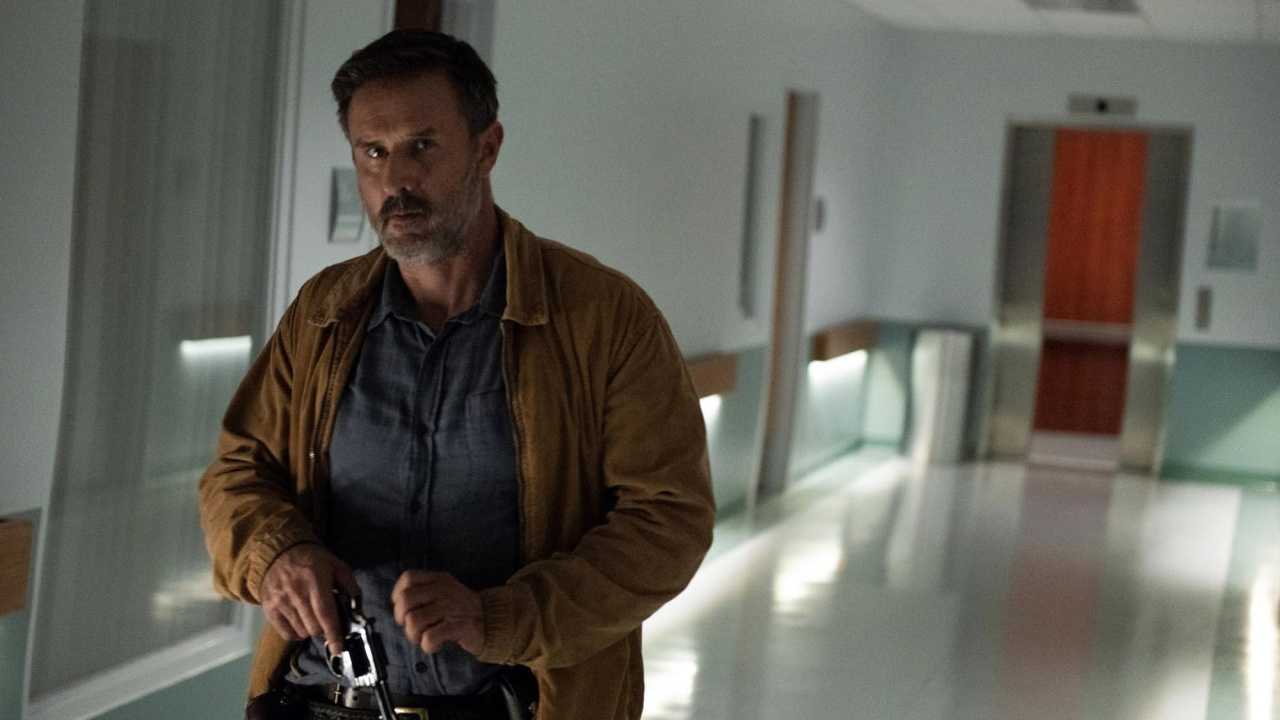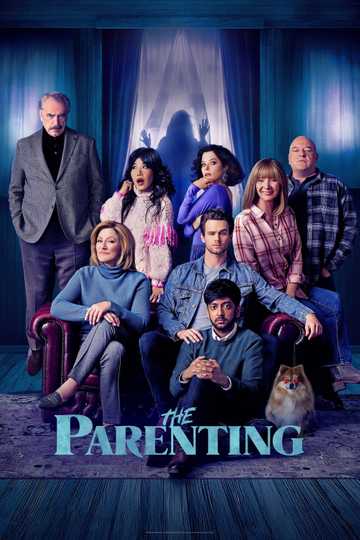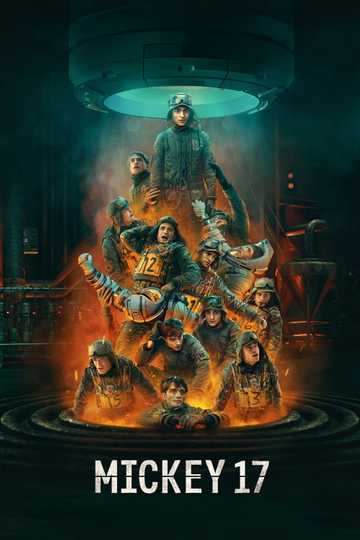Jane Lynch Transforms Into Janet Reno for 'Manhunt: Unabomber'
Jane Lynch is getting serious.
Lynch, of course, is best known for her hilarious, Emmy-winning stint as the aggressively confrontational, creatively insulting Sue Sylvester on the hit series "Glee," a role that also provided her with many memorable dramatic moments exploring Sue's less ruthless side.
In fact, throughout her prolific, often comedy-driven career Lynch has periodically ventured into more straightforward roles (including a critically hailed pre-"Glee" turn in "Manhunt: Unabomber."
Lynch plays former U.S. Attorney General Janet Reno, appointed during the Clinton administration as the first woman to serve as the country's chief law enforcement official and the longest-serving of the contemporary era. As such, Reno, who died last fall at age 78, stood at the head of the FBI's bid to apprehend and convict the notorious and deadly Unabomber, Ted Kaczynski, following his long mail-bombing reign of terror.
Moviefone sat down with Lynch, who shared her thoughts on the real-life Reno, her current openness to all kinds of projects, and a hoped-for reunion -- perhaps in dark, dramatic territory -- with one of the key creative forces in her career.
Moviefone: "Glee" cemented your reputation as a comedian in people's minds, but you were in a lot of movies before "Glee," and not always comedy. So what was it like to take the turn back to more dramatic roles?
Jane Lynch: Well, I was thrilled. I've always been a great admirer of Janet Reno and I've always been quite charmed by her. It was the beginnings of my becoming a political animal back in the '90s. And I didn't know the details of this case or any of the other huge cases she had on her desk during her tenure, which is 11 years long, but I always got the sense that she was a straight shooter.
And also, what I found out -- I guessed it back then -- was that she had a terrific sense of humor in everything. We don't get to see it in the show, but there is a great humanity to her, and she had some really big life-or-death decisions to make during her tenure. She will admit, and did, that she made some mistakes, especially, with regard to the loss of life at Waco. But, she was taking a really big gamble publishing this manifesto, agreeing to do that, because it's akin to negotiating with terrorists. And it ended up working out for her, but it could have gone the other way.
We see that she comes into this story with those regrets, from those mistakes she believes she made. How did you come at trying to bring those to life in your performance?
I can imagine having that kind of responsibility, I don't think I would ever want it. But that's part of the job. And that's why having her in that job for those 11 years -- she weighed those decisions very heavily.
There was no political consideration, from what I could tell, at all. She was completely independent of the president who appointed her, Bill Clinton. Evidenced in that she appointed a special council for the Whitewater case, which led to become the blue dress case. And she just followed they facts where they her, she was more interested in truth and justice than anything else.
That's what I was impressed with, most of all. At least for me, and I think a lot of actors will say this: the first thing that I do with a character, and this is just subconsciously, is go right to the emotional motivation for what they do and what they're trying to hide. And with her, that wasn't the hook for me, what she's trying to hide. Everything was really out there.
But she wanted to be fair and she wanted to do the right thing to the best of her ability, and she had a very quiet authority and power that, I felt, was palpable. And I saw it mostly in her press conferences where she, basically, was just reading the words and there was no emotion, had a flat affect, but you could feel the authority and the power and the consideration that was put into every word.Tell me about the external considerations, when you're playing a real person. What was your approach with her to create that image of her, physically?
Well, as I do any other role, in this case I had a really terrific human being as my jump-off point. Just physically, she was somebody that was interesting to play, she was about 6'3", I think. One of those people who, she doesn't walk as much as lumbers. And did not have that eye or that mind of looking back on herself going, "Hey, I look good." Or "I don't look good." She just didn't have that. She wore the clothes she was supposed to wear and everything was, kind of, a version of the same outfit.
They were like, kind of, a scoop neck thing with the pearls, and she just switched up the colors. And sometimes she wore really bright colors, too. And there was such an incongruity to her very kind of low-keyed presence and her steadiness and her patience and how well considered all of her actions and all of her words were, and she show up wearing a bright royal blue or purple outfit. And flats, so she could make it down the hall without falling.
The hairdo was really just not a hairdo. She basically just combed her hair and wore glasses. And so, the fear for me is that I would end up looking like SNL" and just show up as a wig and a pair of glasses. But I had a great team of professionals making sure, so I didn't worry so much about that, as I did about getting the insides right and the movement right, the walk and the whole thing.
When was the last time you played a person that the public would recognize?
I don't know that I have -- I don't think I have! I think this will be the first time.
That must have been fun acting challenge for you.
It was. The minute I was told this could be in the works I was very excited. Very excited to do it -- there's so much there! And the writing ended up being so good. So fantastic.
When you started on your career path in acting, were you thinking, I'm a dramatic actress?
Sort of. I was, and, I thought I was deciding how my career would go -- and then my career just, kind of had a life of its own. And I ended up in comedy and sketch, and I loved it. But I did think that I would be, like, a theater actor. I thought that's what I was gonna do. Life had different plans for me.
When did you first recognize your facility for comedy? And especially that you have a great facility for very straight-faced comedy.
Well, that came. That kind of found itself. But as kid I was always the funny one and loved making people laugh. But in my young mind I didn't, necessarily, think that that was going to be ... I knew I wanted to be an actress, too, but I didn't the two of those would meet. I never consciously said, "And I'll be the funny one ..." I just knew I wanted to be on stage and I wanted to sing and I wanted to be part of a group. I never wanted to be by myself.
You've got a good group here. I imagine that just showing up to play with these actors ...
Yeah. Paul Bettany and Sam Worthington, just pretty amazing actors. Chris Noth, I got to work with him, that was pretty amazing.
What was the big reveal, as you dug into the script? And I don't know if you dug into a lot of extra research on the Unabomber, himself, but what was the big reveal of the story, for you? Because we all think we know some broad-strokes Unabomber lore.
I didn't know he was such a genius. I was vaguely and generally aware of the story. I did not know he was a math prodigy. I did not know that his head was messed with at Harvard, where they did some experiments on him. I didn't know about Fitzgerald, Sam's character -- I didn't know about him being the unsung hero of this case, really, and creating this new metric for profiling that's now the jumping off point for the CSIs and the NCISs and all that. We didn't have that kind of a sophisticated profiling system back then. This was a real turning point for that, a real evolution of criminal profiling.
It feels like you can't watch anything on film or television these days without thinking about politics and our current situation. One of the things I saw here was how professional these teams are, on every level.
Yeah, and thank God for them!
And how important that is. And it makes me almost more concerned about now for the current versions of these professionals, and the treatment that they might be getting from a political standpoint.
Right. Well, here's the thing -- and I'm kind of deep in Twitter these days. The intelligence community is a bunch of very non-political professionals. They may have political bents, but they are as professional as Janet Reno was and Ackerman and Fitzgerald were. They are interested only in the facts and putting pieces together.
And we can have buffoonery going on in other parts of the government and, so far, the institutions are holding fast. So far. And I'm much more filled with hope these days than I was at the beginning, when this reign of buffoonery started.
You've been touring around the country with "See Jane Sing." You've taken acting gigs here and there. You have "Hollywood Game Night." What are you seeing in your future? What's on your bucket list?
I don't have a bucket list. I found out, pretty early on, that what gets presented to me in life is always better than any bucket list I had. So I don't have goals or ambitions or anything.
But we're gonna re-release the Christmas album again this year. And it's called, "A Swingin' Little Christmas," and I just did a new single, that we're gonna release with it -- with Dick Van Dyke! We're singing a song called "Let's Go Caroling." It was written by our band leader, Tony Guerrero, and he sings it and I do background with it.
So we're starting on that and we're doing a tour late November, early December and all over the country – doing that show, basically singing the album with Boy Band"! He is the vocal arranger on "Boy Band," on ABC. He's getting a big following there and he's gonna tour with us and our five-piece band, too.
And I sing with symphonies now. I've done two symphony shows. It's been pretty amazing and humbling and kind of a transcendental experience.
One of the things I thought of while watching you in this was, given what Ryan Murphy's doing these days, that I feel like your collaboration could happen again.
Oh, I'd love it! I hope so. Yeah.
Wouldn't that be fun? To take on a dramatic project with him?
Absolutely. And something very dark would be fun, too. Because he thinks outside of the box, he's a real renegade. And it's always exciting to see what he comes up with next.

